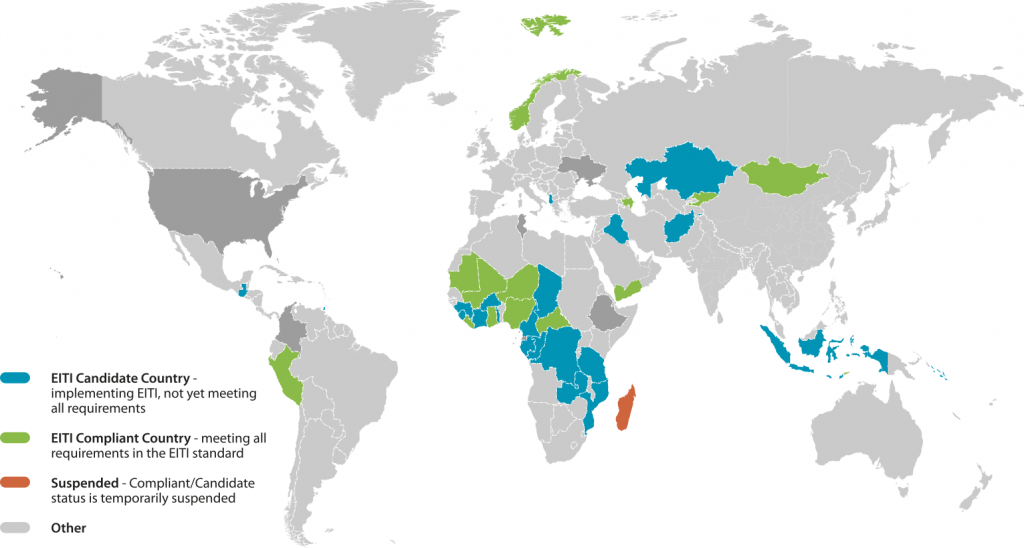Mario Ramirez, MASc Mining Engineering // Feb 7, 2015
Before becoming part of this project I did not know much about EITI and the excellent initiative they have promoted to improve transparency in countries with extractive industries in place. I am researching about the impact of EITI in Guatemala and the possible sub-national reporting initiatives in process of or being already implemented. After exploring information about the impact of EITI in Guatemala I came across interesting readings about the structure of EITI in Guatemala and how the country has engaged itself in this initiative. Guatemala has, so far, released two reports to the EITI, and is expecting to present the 2012 report in the forthcoming months. I would say I am quite impressed at the communication approach the government has developed in order to ensure proper communication is done at all levels. There is a well-rounded communication strategy and implementation methodology which focuses on making stakeholders of all levels aware of the purpose of EITI in the country, its benefits and how to understand the information that is presented in the reports.
In the following days I look forward to receive information from some of the people involved in this project in Guatemala and read their opinions on how well the communication at different levels is perceived. For now, I can say that the experience of learning how Guatemala and other countries in the EITI initiative are working towards becoming transparent to the public in general gives me the drive and motivation to keep learning more.
